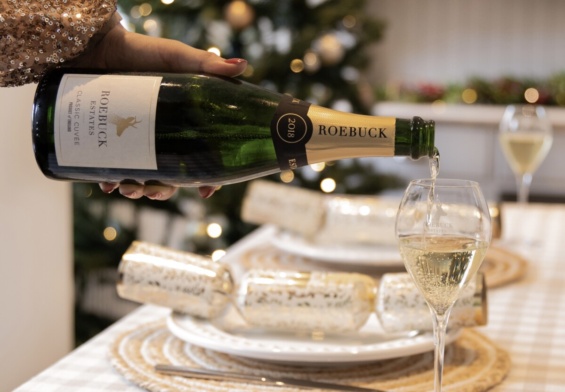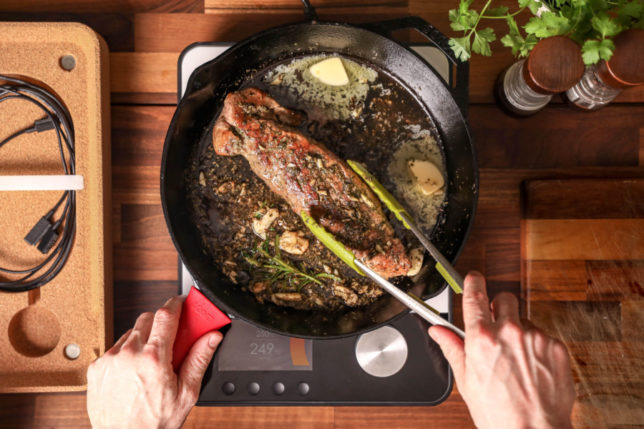By Conrad Harshaw, Bar Manager of The Magicians Table.
Once, a cocktail was little more than a clever way of disguising poor-quality spirits with sugar and citrus. Fast-forward to today, and cocktails aren’t just drinks, they’re experiences. They can smoke, glow, or change colour before your eyes. They can tell a story, spark emotion, and even make you part of the performance.
That’s what excites me most about mixology right now. We’re no longer limited by recipes or rigid traditions. Instead, we’re borrowing from theatre, science, and a little magic to create drinks that people remember long after the glass is empty.
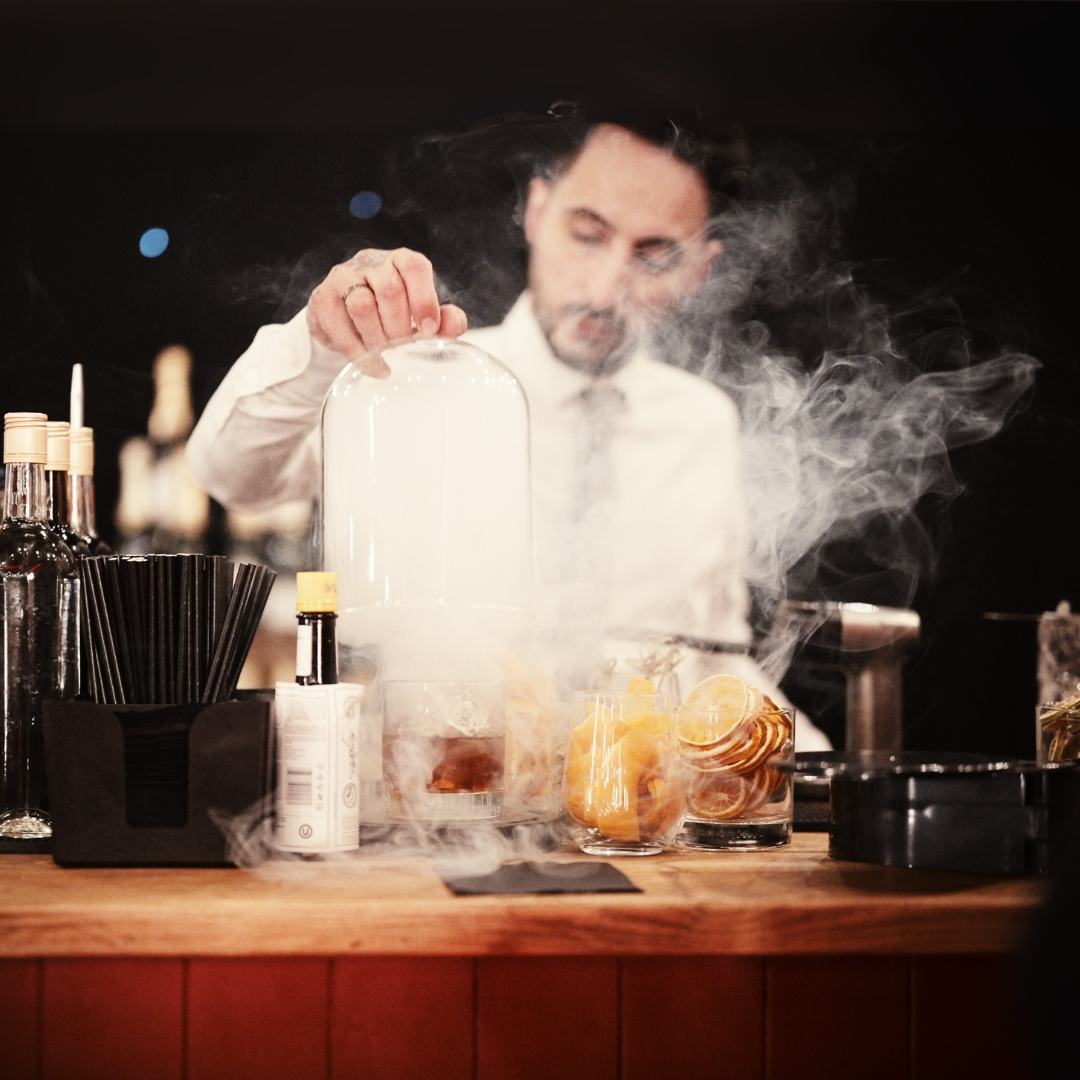
The Evolution of Mixology
In the last decade, cocktails have leapt far beyond the straightforward shaken or stirred. My own journey started more than ten years ago at Be At One. It wasn’t just a cocktail bar. It was a stage. With an extensive menu and bartenders who weren’t afraid to jump on top of the bar to shake things up, the energy was electric. It was there I realised that cocktails could be more than drinks; they could be experiences. That spark has guided me ever since.
The last decade has been a playground of experimentation. The arrival of molecular gastronomy has encouraged bartenders to experiment with foams, gels, and spheres. Clarification processes have made it possible to create crystal-clear drinks that still carry their full flavour. Spirit washing and infusion offer further possibilities, layering in new flavours and textures. And the rise of non-alcoholic spirits has opened doors for innovation that simply didn’t exist before.
Most importantly, guests’ expectations have shifted. They no longer come to a bar just for a drink, they come for an experience; cocktail culture has become multisensory. And that pushes us, as bartenders, to think bigger and more creatively every time we pick up a shaker.
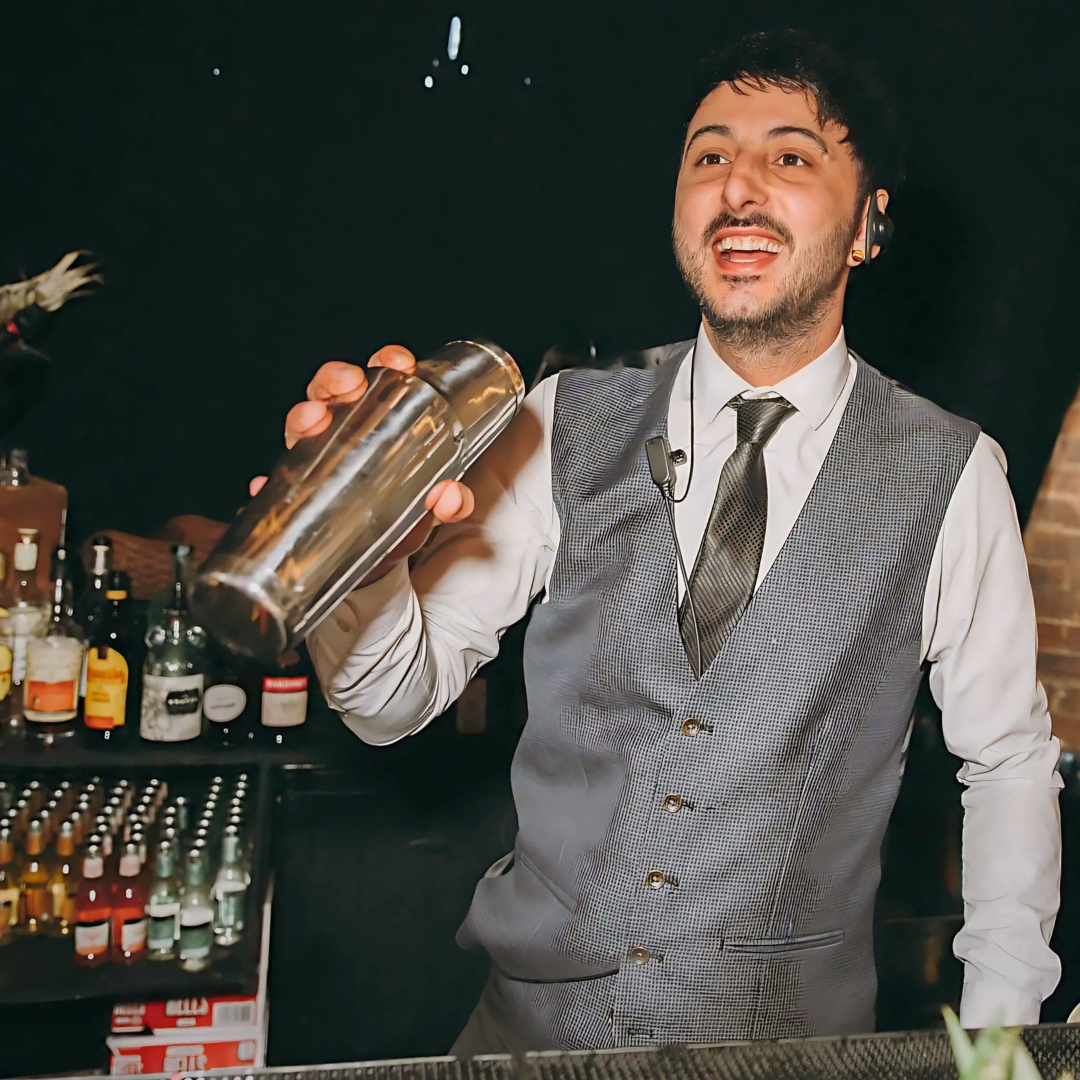
Innovation & Illusion
Some of the most exciting developments in mixology right now are visual. A cocktail that changes colour as you stir, a glass that arrives shrouded in smoke, a garnish that melts or disappears, these illusions are as memorable as the flavours themselves.
They also invite participation. I love it when guests get to finish their own cocktail, whether that’s pouring in a final ingredient, striking a match, or cracking open a shell. Suddenly, the cocktail isn’t just consumed, it’s co-created. In an era of “sharable moments,” that sense of involvement is as intoxicating as the alcohol itself.
Innovation doesn’t need to feel intimidating, either. At its heart, it’s about taking something familiar and giving it a fresh twist. That might be as simple as reimagining a White Russian with marbled cream, Oreo crumb, and a hint of spice. A small change can open up a whole new experience.
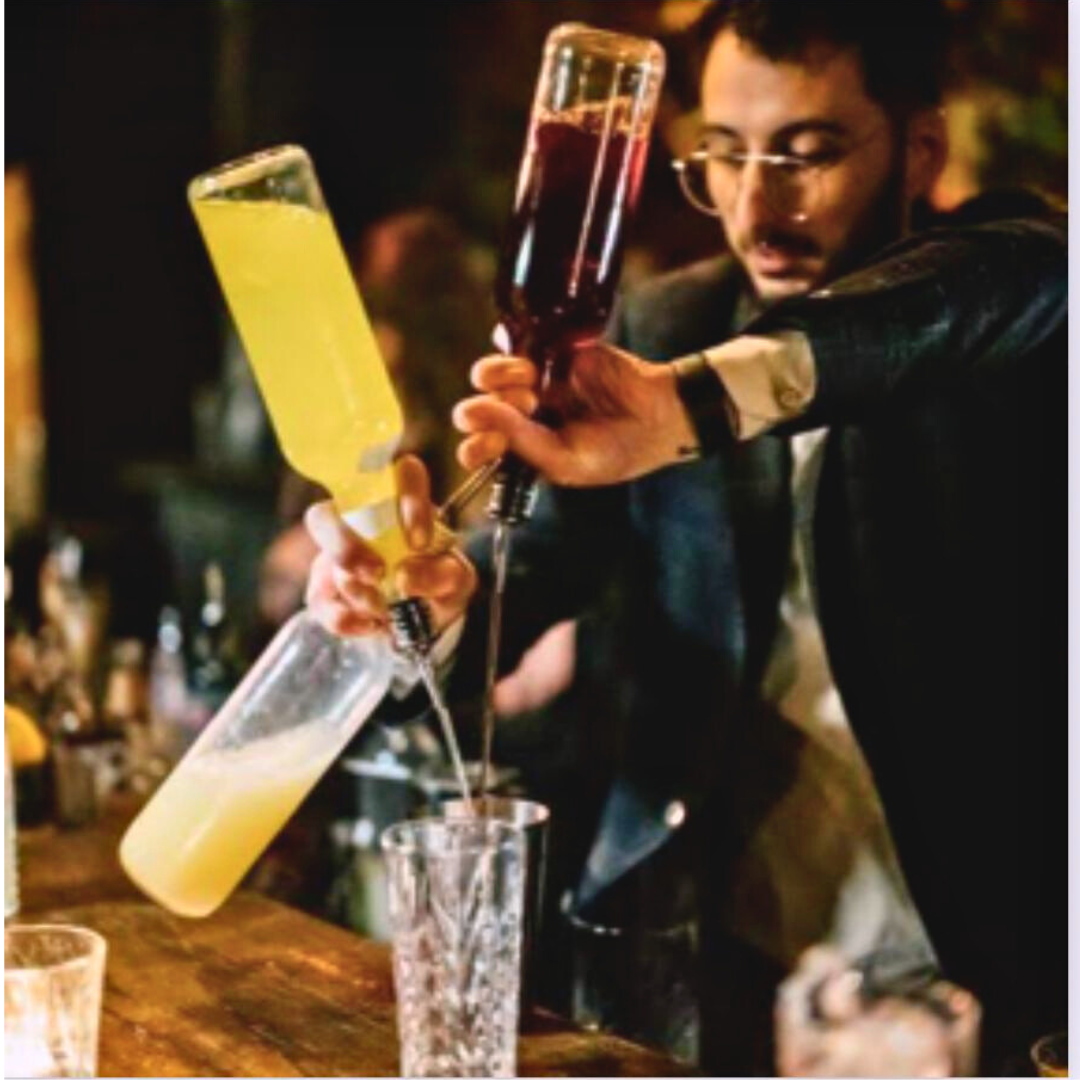
Storytelling Through Cocktails
Storytelling has become a huge part of cocktail culture. Cocktails are designed not as stand-alone drinks, but as part of a bigger narrative. Menus are often designed like journeys, where each drink represents a character, a chapter, or a theme. That structure helps people connect to what’s in the glass on a deeper level.
For me, storytelling is what transforms cocktails from recipes into memories. It’s about tying flavour to feeling. The best mixologists aren’t just technicians with shakers and strainers, they’re storytellers – weaving together theatre, taste, and illusion.
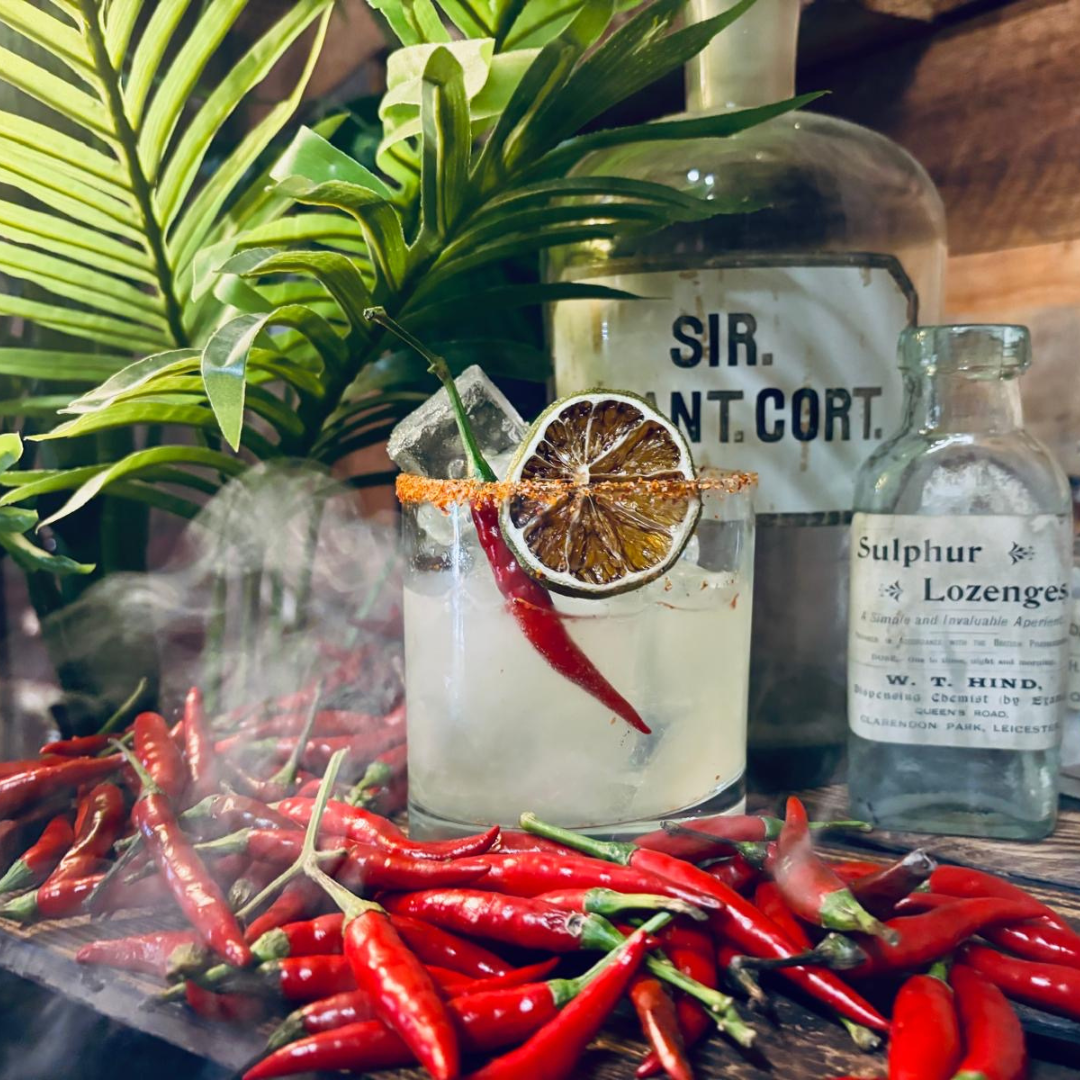
The Next Decade of Drinking
Sustainability and science are already shaping the future. Expect to see more zero-waste cocktails, lab-grown botanicals, functional, non-alcoholic spirits that still deliver depth and complexity, and precision fermentation creating entirely new flavour profiles.
Technology will certainly influence the industry. AI can already generate cocktail recipes and predict trends, while augmented reality menus might soon let you “see” your drink before it arrives. Yet there’s a risk of technology diluting the craft. A cocktail on draft might be convenient, but it can never replace the human element of a bartender creating something unique before your eyes.
In ten years, I think we’ll see a mix of approaches. Some venues will strip things back to the classics, while others will lean into immersive, multi-sensory experiences. Both can thrive, as long as they create moments that people want to remember.
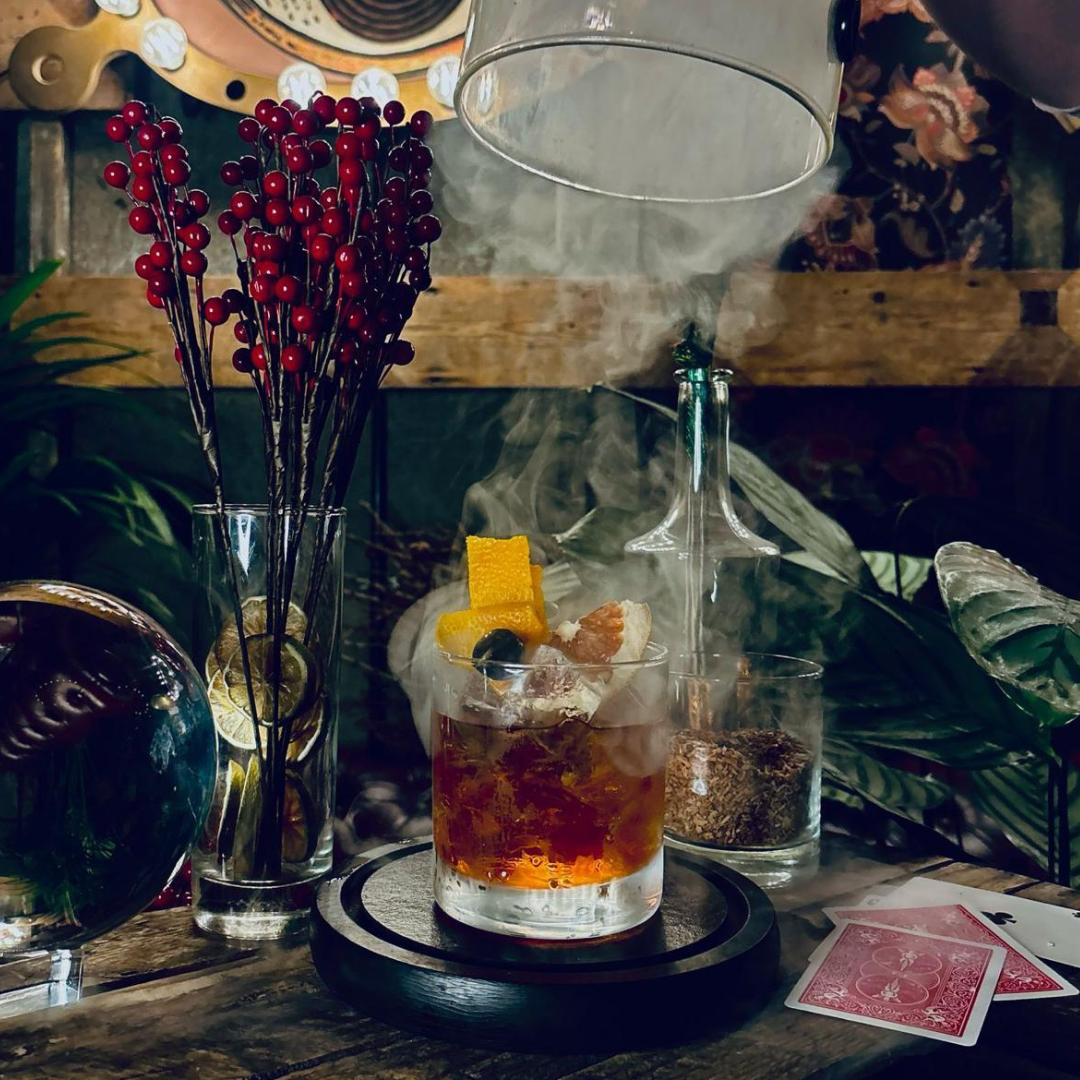
Final Thoughts
At its heart, mixology has always been about transformation. Taking raw ingredients and turning them into something extraordinary. What’s changed is the way we deliver that transformation.
I believe cocktails will continue to blur the line between art, science, and magic. We’ll create drinks that will surprise and delight us, and make memories. And if you want to see how far that can go, places like The Magicians Table are already offering a glimpse of what happens when innovation meets illusion.
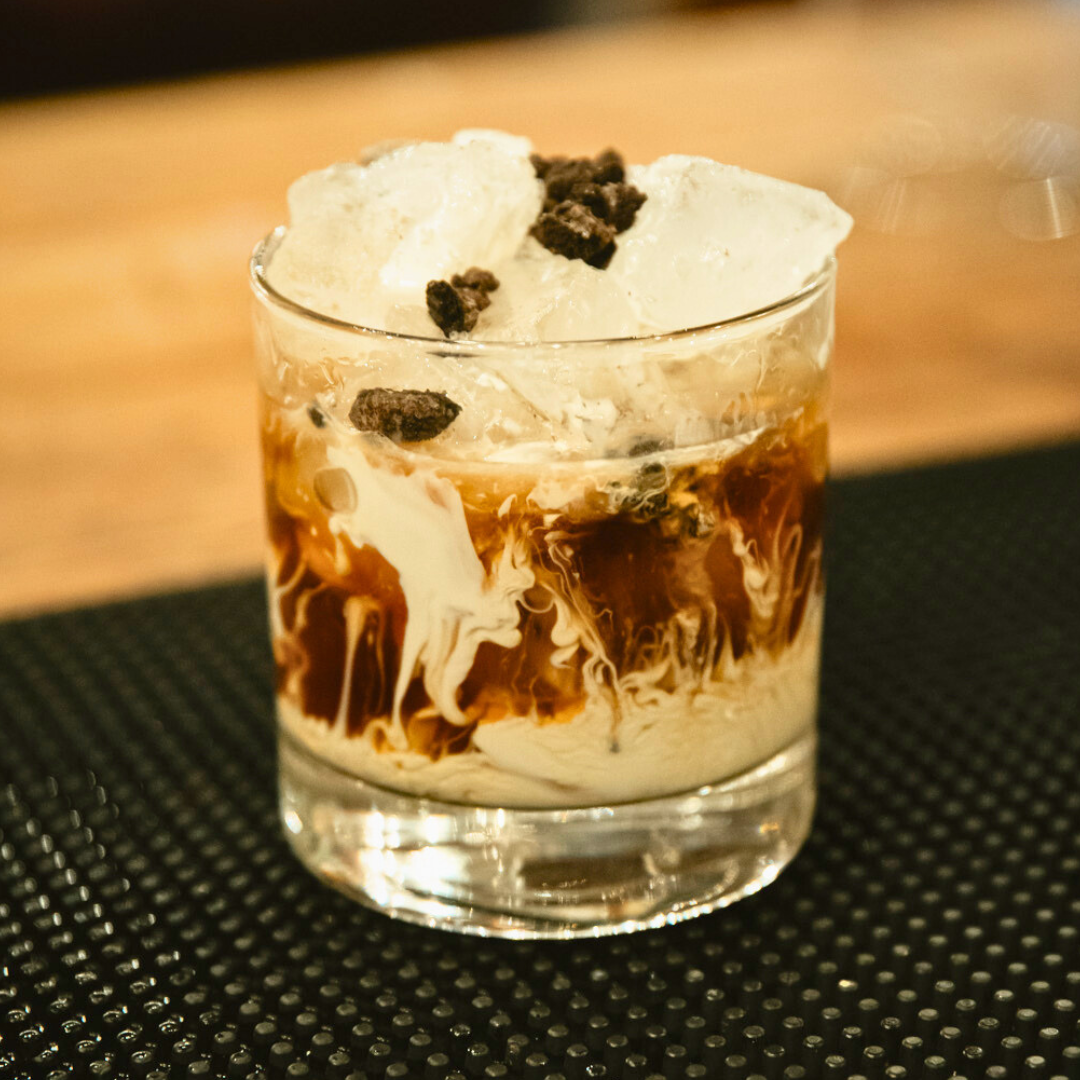
About the expert
Conrad Harshaw is the Bar Manager at The Magicians Table, where he has been crafting immersive, magic-inspired cocktail experiences ever since it opened in 2024. A mixologist with over a decade of experience, Conrad began his career at the renowned cocktail bar Be At One.
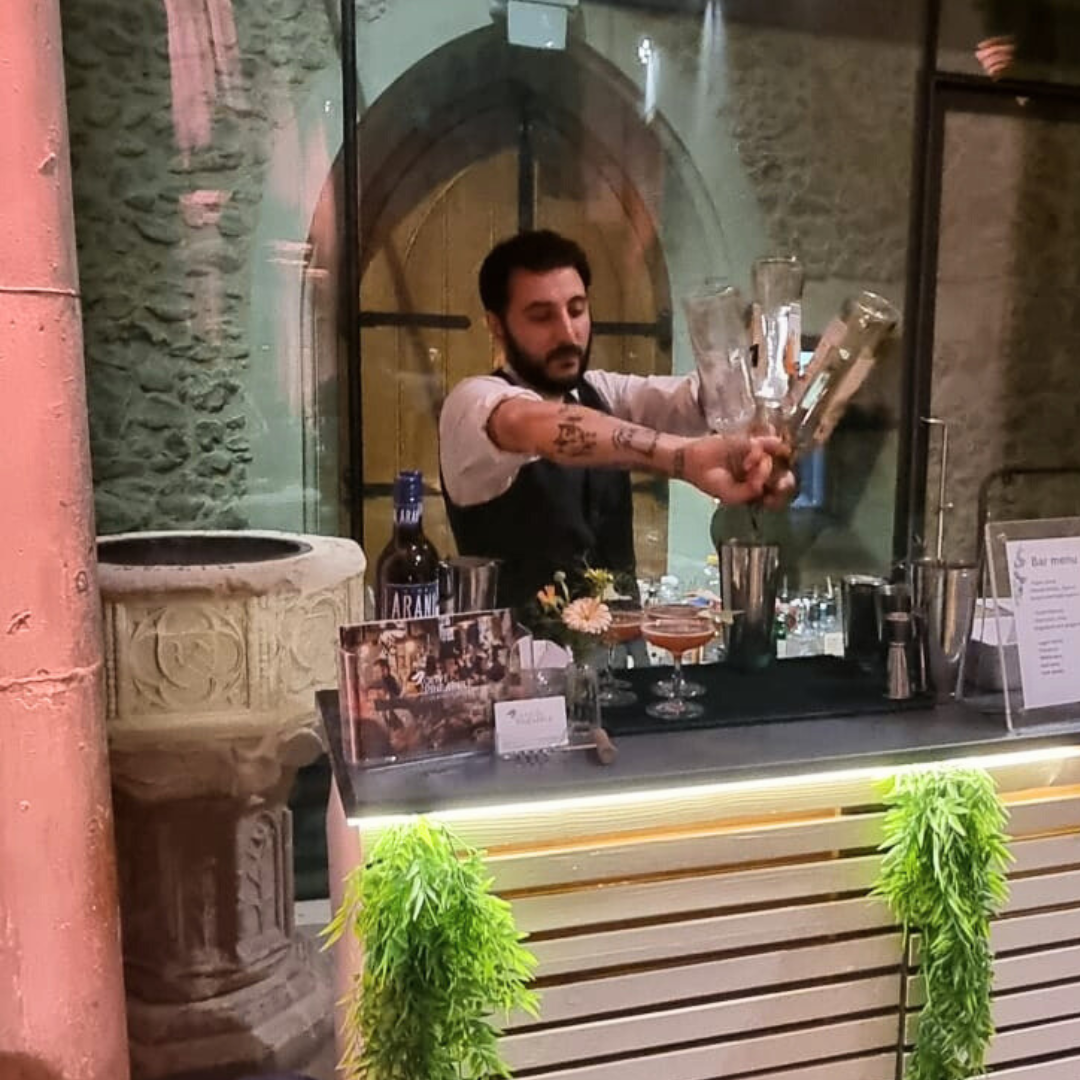
He has been largely self-taught, refining his skills and developing his own style and identity as a mixologist along the way. For the last four years, Conrad owned and operated his own cocktail bar, which he designed as a space dedicated to showcasing emerging artists. Today, Conrad continues to merge creativity, performance, and flavour, bringing an element of wonder to every drink served at The Magicians Table. Find out more at magicianstablelive.com

